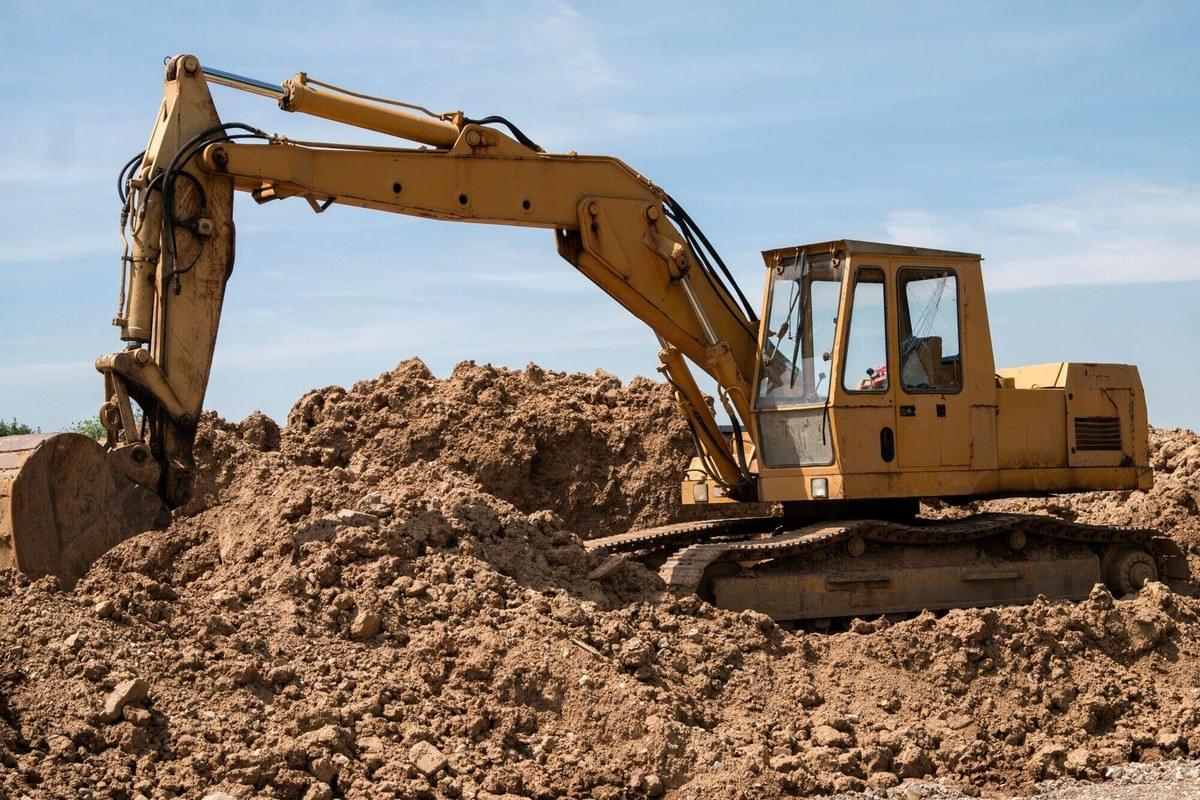
Residential excavation is a crucial phase in any construction project, serving as the foundation for building homes and other structures. This process involves the removal of earth to create a level base, prepare for foundations, or install utilities. Homeowners and builders alike must understand the nuances of excavation to ensure safety, efficiency, and cost-effectiveness in their projects. In this article, we will delve into the key aspects of residential excavation, including its significance, types, processes, and considerations for homeowners.
The importance of residential excavation cannot be overstated. A solid foundation is essential for the integrity of any structure, and proper excavation lays the groundwork for this. During this stage, site preparation takes place, which may include clearing obstacles like trees and debris, grading land for proper drainage, and digging trenches for utility lines. When executed efficiently, excavation can prevent future issues such as flooding, settling, or structural damage, making it a critical step in construction.
There are various types of excavation methods used in residential projects, each serving a specific purpose. Site excavation, also known as bulk excavation, involves removing large volumes of earth to create a level site for building. Trench excavation, on the other hand, focuses on digging narrow, deep sections of soil for foundations or utilities. Additionally, unclassified excavation combines both site and trench excavation, allowing for flexibility in the project’s needs. Choosing the right method depends on the specific requirements of the project and the site's characteristics.
The excavation process typically begins with site assessment and planning. Surveyors and engineers evaluate soil conditions, which inform equipment choice and excavation depth. Heavy machinery such as excavators, bulldozers, and backhoes are often utilized to expedite the digging process. Once the excavation is complete, inspections are conducted to ensure everything is aligned with safety and building codes. Homeowners should also communicate regularly with contractors to monitor progress and address any concerns that may arise throughout the excavation phase.
As a homeowner, there are several considerations to keep in mind when planning for residential excavation. First, it is vital to obtain the necessary permits, as local regulations may dictate specific excavation protocols. Additionally, understanding the layout of utility lines is crucial to prevent accidental damage. Choosing experienced professionals for the job can significantly impact the project's success. The residential excavation expertise ensures adherence to safety standards, optimal use of machinery, and proper handling of materials. Ultimately, a well-managed excavation process sets the stage for a safe and durable home.
In conclusion, residential excavation is an indispensable part of any construction project. By understanding its importance, types, and processes, homeowners can better prepare for their building endeavors. Proper excavation protects structural integrity, complies with regulations, and contributes to the overall success of a construction project. By working closely with professionals and addressing all necessary considerations, homeowners can pave the way for a solid foundation and a successful build. You can get more enlightened on this topic by reading here: https://en.wikipedia.org/wiki/Excavator.